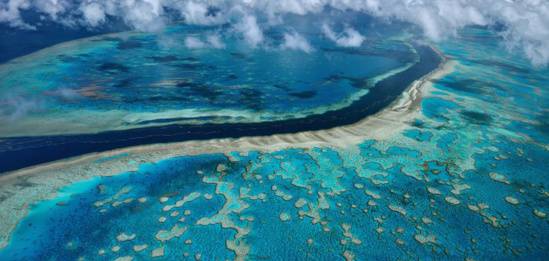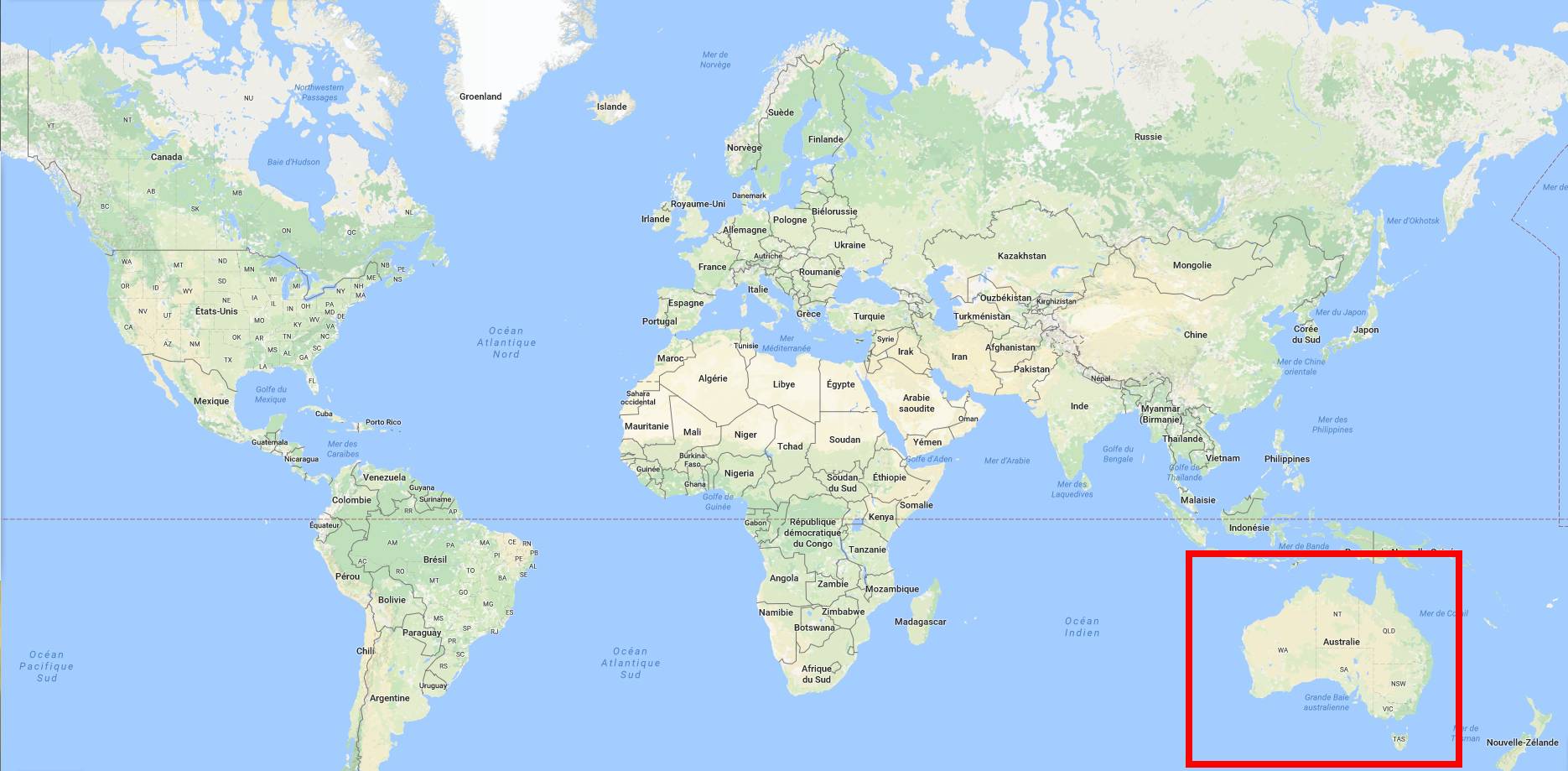
A battle begins between Unesco and the Australian government.
Australian Environment Minister Susan Ley has expressed her strong dissatisfaction and disagreement over Unesco's intention to classify the Great Barrier Reef "endangered" at the next session of the World Heritage Committee which will be held. will be held in China in a month. An unjustified classification which will, in all likelihood, have serious economic and social consequences for the country. Indeed, the coral complex, 2300 kilometers long, alone represents tourist spinoffs amounting to 4.8 billion US dollars. The government therefore does not intend to see this windfall disappear because of the new Unesco classification. "I agree that global climate change poses the greatest threat to coral reefs but it is wrong, in our opinion, to designate the best managed reef in the world for a list (of sites) in danger," said the minister. The Australian government therefore intends to challenge this decision. According to her, Unesco's decision does not take into account the billions of dollars spent to try to protect the Barrier, located in the north-east of Australia. The Minister insisted during her speech, indicating that Unesco "sends the wrong signal to countries which are not making the investments we are making in the protection of coral reefs".
For its part, the Unesco committee does not intend to modify its project. Downgrading the status of this site is a real necessity according to its members. In their report released last Monday, they highlighted the severe deterioration that the barrier reef is undergoing. This natural site of great beauty is also suffering the horrors of global warming. Underwater flora and fauna are suffering. This is the third time in five years that the corals have undergone an episode of bleaching; sign that they are dying. The discoloration is due to the rise in water temperatures which causes the expulsion of the symbiotic algae which gives the coral its vivid color. This is the reason why, in December 2020, the IUCN (International Union for the Conservation of Nature) decided to include this natural site in the list of sites classified as “critical”.
The conclusion is clear. Half of the corals in this region of the world have disappeared since 1995. Whether it is under the effect of climate change, cyclones, agricultural practices or the appearance of coral-eating animals such as the purple ancasther, the urgency is to preserve the site. And it cannot be said that the current severely degraded state of the barrier argues in favor of action by the Australian government. On the contrary, as a member of the environmental organization Climate Council underlines, "Unesco's recommendation shames the federal government, which remains passive in the face of the decline of the coral reef instead of protecting it. "; quickly joined in this by the responsible for the oceans for the WWF, Richard Leck, who cracked the same criticism: “It shows clearly and unequivocally that the Australian government is not doing enough to protect our greatest natural asset, in particular against climate change ”.
It is true that Australia is not really a model of excellence in the fight against climate change. In addition to the fact that Australian leaders have never set a goal of carbon neutrality by 2050 like the vast majority of other countries in the world have done, preferring to use the term "as soon as possible", this country continues import very large quantities of coal and natural gas. Australia seems far more concerned with safeguarding its businesses and jobs as its Prime Minister, Scott Morrison recently recalled, than with doing everything in its power to safeguard this priceless site. From then on, Unesco made the right choice.

Geo Point
Australia
Capital: Canberra
Area: 7.692 million km²
Population: 25.36 million inhabitants
Currency: Australian dollar
Posted on 2021-06-23 16:34








Comments